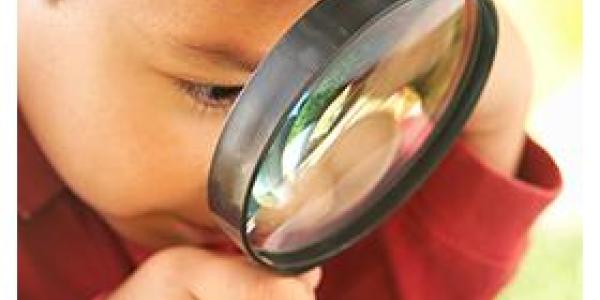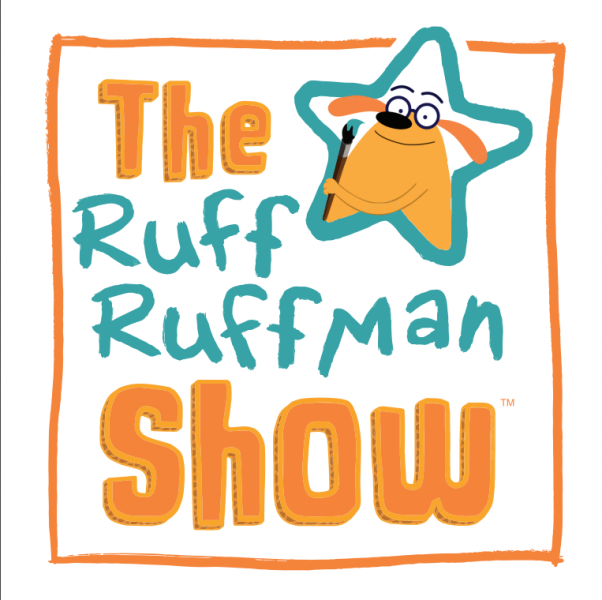Nurturing the Scientist in Your Child

You are here
Children are natural scientists. They are curious, love to explore, and ask a lot of questions. But you don’t have to have all the answers! Help your child develop the skills needed to think like a scientist, which will allow him or her to understand increasingly complex science concepts. Here are some ways to do that:
- Model your own curiosity. Wonder out loud by saying things like, “I wonder what would happen if . . .” or “I am curious about . . . .”
- Listen carefully to what your child is saying and encourage your child to explain why he or she thinks a certain way by asking questions such as, “Why do you think the snail is eating that leaf?” “What other animals eat leaves?”
- Don’t immediately correct your child if he or she says something that is scientifically incorrect. For example, if your child says, “Only birds can fly,” you can ask, “What does a bird have that helps it fly?” Then ask, “What other animals or things have wings?” Guide your child to name some animals and objects with wings, such as “bees and airplanes.” Then ask, “Can they fly?”
- Encourage your child to make observations and then to record those observations, by writing, drawing a picture, taking a photograph, or making an audio or video recording. They can even act out what they saw happen. Give your child a special notebook for recording these observations, and ask him or her to tell you about them.
- Engage your child in simple investigations, such as rolling different balls down a ramp to see which one goes farthest. Before you begin an investigation, encourage your child to predict what will happen. Afterward, talk about the results.
- Encourage your child to compare and contrast things they see in the world around them, for example, “How are these two trees the same, and how are they different?”
- High-quality educational media can be a catalyst for real-world exploration. For example, if you and your child watch a video about how a roller coaster works, say, “Let’s build our own roller coaster!” Then gather simple materials such as paper towel tubes, construction paper, and blocks to build a coaster for a toy car or marble.
Supporting Science Learning
Children learn about science every day as they observe and explore. Families can support science learning at home by engaging their children with kid-friendly physical science topics such as wearable science, sports science, kitchen chemistry, and structures. Trusted resources like The Ruff Ruffman Show, a new PBS KIDS series, help children ages 4 to 8 learn core science concepts enhanced by videos, game-play, and hands-on activities. The character Ruff Ruffman, along with his assistants Blossom and Chet, answers questions from real kids, takes on challenges, and learns the value of perseverance—all while modeling science inquiry skills. Find out more at pbskids.org/ruff. 
Produced by WGBH Boston, The Ruff Ruffman Show, was developed as part of the Corporation for Public Broadcasting (CPB) and PBS Ready To Learn Initiative with funding from the US Department of Education. Ready To Learn is a federal program that supports the development of innovative educational television and digital media targeted at preschool and early elementary school children and their families.
Find more ideas for building science inquiry skills at pbslearningmedia.org/readytolearn.
Download and print this article here!